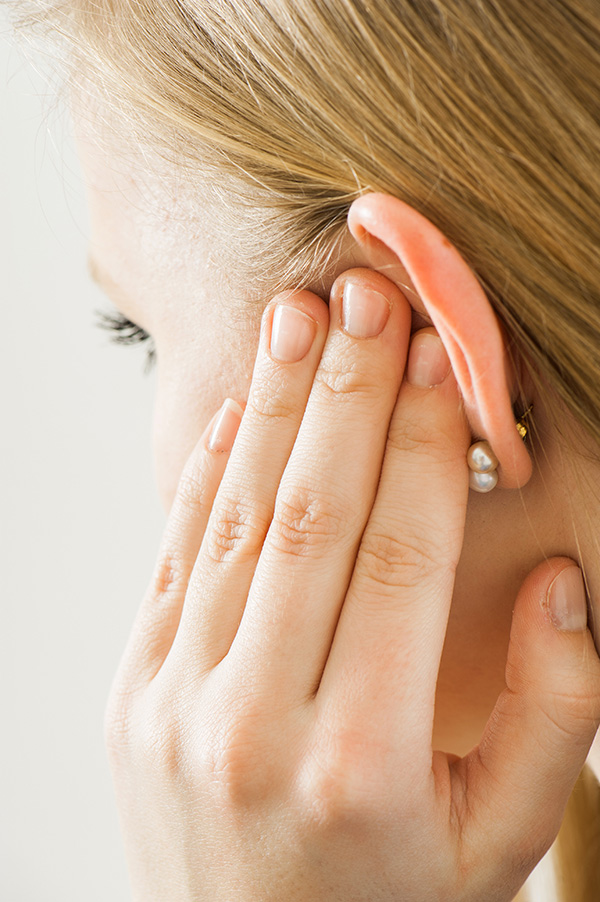Hearing Aid Innovations: What’s New in 2025?
Hearing aid technology has come a long way in the past few years, and 2025


Hearing aid technology has come a long way in the past few years, and 2025

Hearing loss can subtly change daily life, influencing conversations with

Audiologists are highly trained healthcare professionals who specialize in